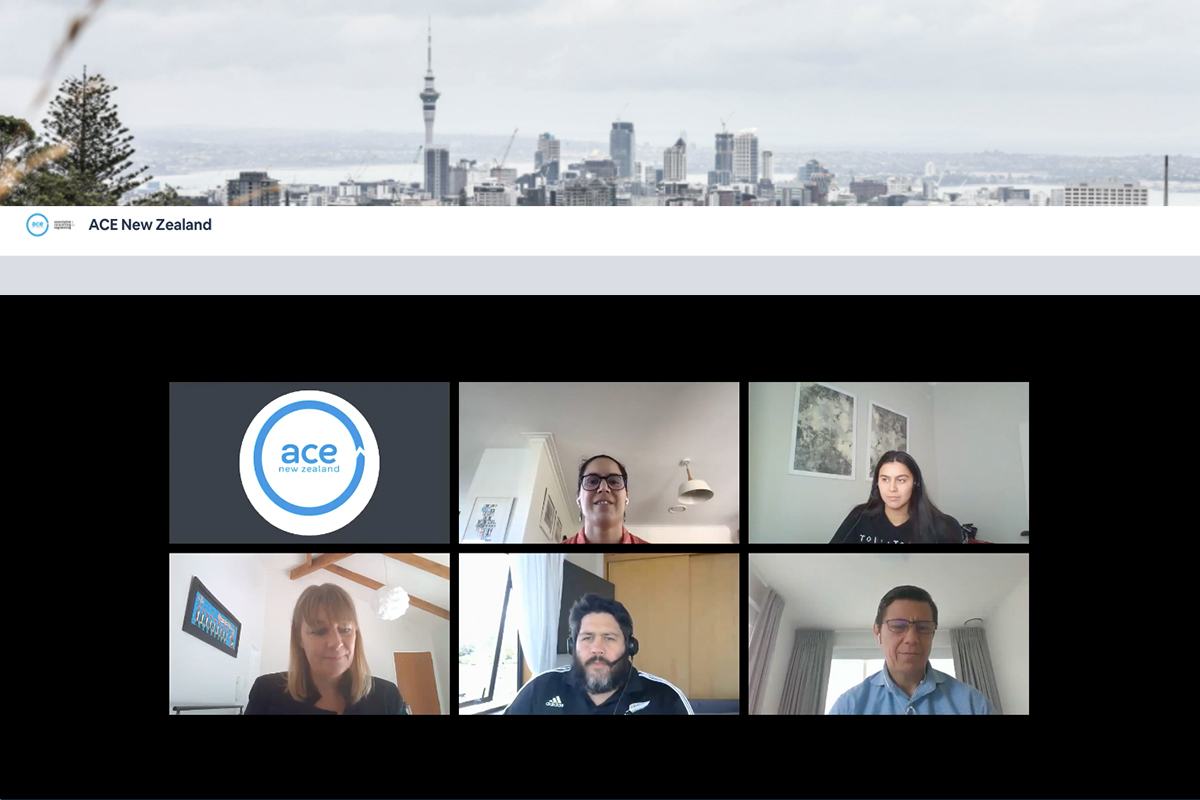Recently, I listened to a webinar organised by ACE New Zealand titled “A tikanga Māori approach to creating future-ready and resilient cities.”
In this “webinar, speakers included Troy Brockbank ((Te Rarawa, Ngāti Hine, Ngāpuhi) Pou Ārahi Māori – Māori Advisory Lead (Principal) at Pattle Delamore Partners); Rau Hoskins (Director at Design Tribe); Tyrone Newson (Development Manager at Kiwi Property); and Danielle Koni (Architectural Graduate Associate JASMAX), and was facilitated by Emily Afoa (Pou Whakare- Director at Tektus Consultants).
For me the key take-aways were as follows:
1.
Engage with mana whenua from the start and create an enduring relationship.
It was suggested “to not be scared, just engage”. A suggested simple way to start this process was to ring Tangata Whenua and arrange a get together over tea. From there, the right people to speak with could be identified and followed up on. “Be genuine and things will get easier” was advised.
2.
Intermediaries are important.
Mana whenua are often asked to engage but don’t know the scope of the project or engagement. In order to establish the right outputs from the engagement, there needs to be someone who understands the scope and the importance of engaging with Māori both within the mana whenua and the project management team. There were concerns that sometimes there was a lot of listening but then not a lot of implementation of what was heard. This requires intermediares that understand the importance of the engagement and incorporation of Mārauranga Māori.
3.
Cultural support and safety.
In order to have a meaningful exchange, there needs to be cultural support and safety. The tikanga of sharing of Mātauranga Māori needs to be understood. Protection of the mana of the Mātauranga is required. The mana of what is being gifted and shared needs to be respected and how the confidentiality of that is managed is very important. This could be a key role of the intermediaries to convey and manage.
4.
Māori leadership.
Certain kaupapa should be Māori led and this necessitates appropriate resourcing.
5.
There needs to be a shared kaupapa on climate change and waste management.
There was reference to India Logan-Riley’s speech in relation to COP26…. Paraphrased as “learn our history, listen to our stories, honour our knowledge”.
Are you on a journey to include more Mātauranga Māori into your work practices?
At HERA we’ve been on a journey to respect mātauranga Māori in the mahi we do. In fact, we have a research program in place to understand the intersection between mātauranga Māori and Construction 4.0, and we’re also working hard to develop a practical Māori engagement program for our industry so they can come on the journey with us, as we want to create an inclusive environment that embraces what makes Aotearoa so unique and great – our indigenous culture!
Part of that process has been in listening to webinars like this one to inform what we’re doing and learn the opportunities and value of doing so. For me, there were many great learnings to be had from this particular webinar conversation, and I would encourage people to watch the replay so you can pull learnings out of it for yourself.

